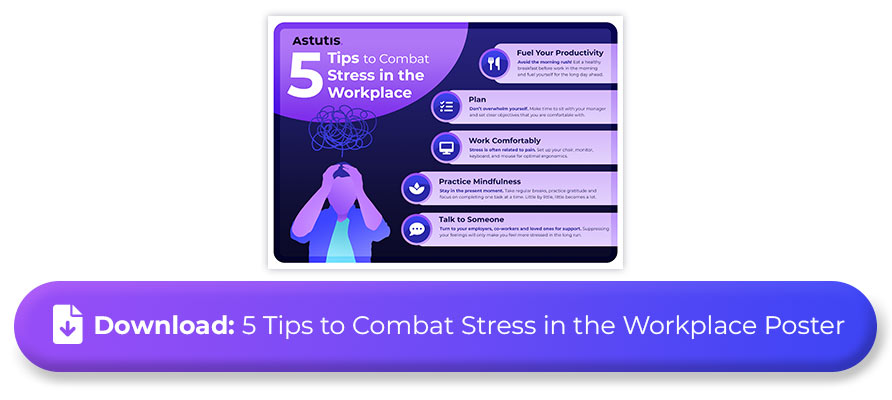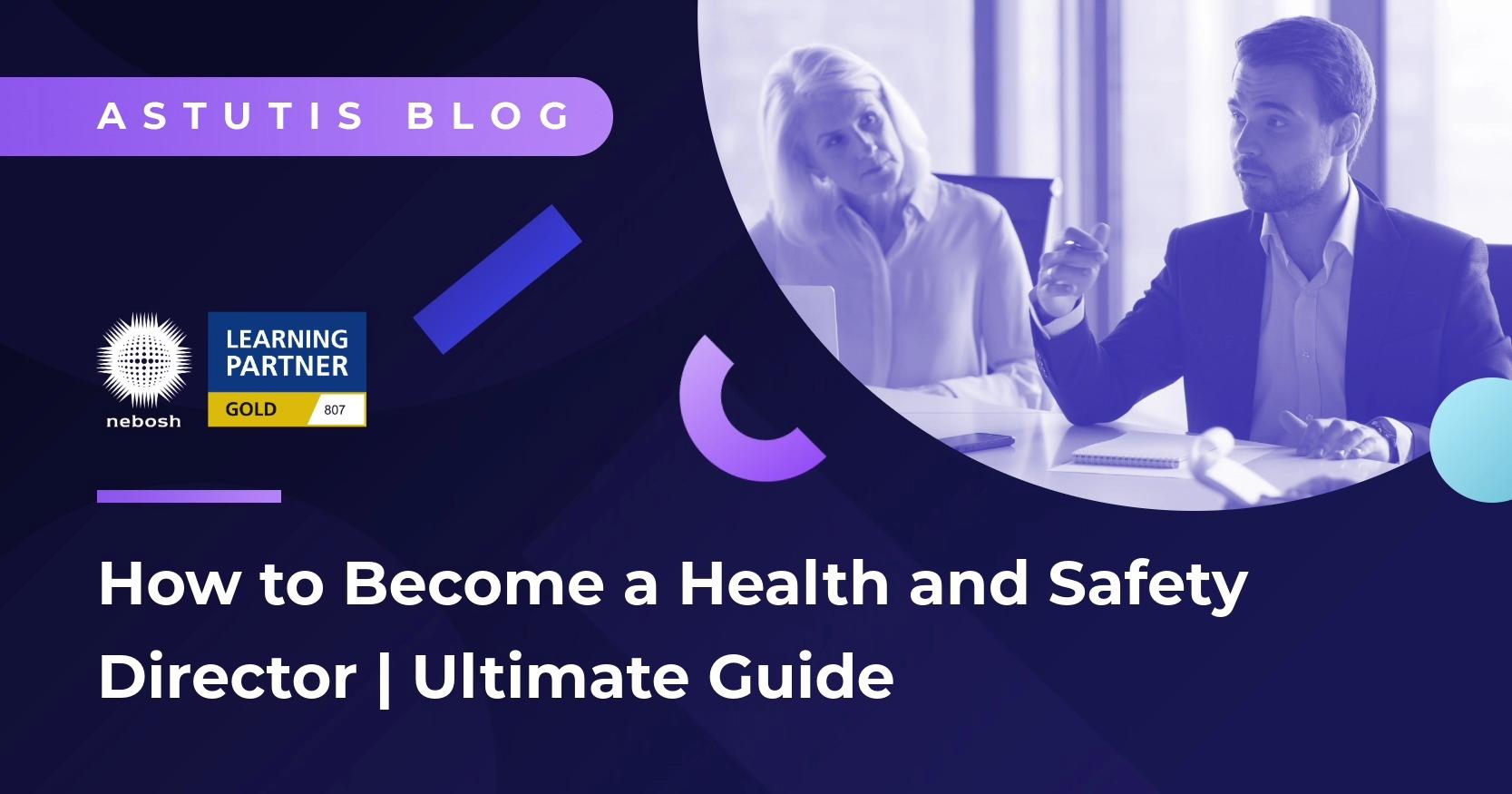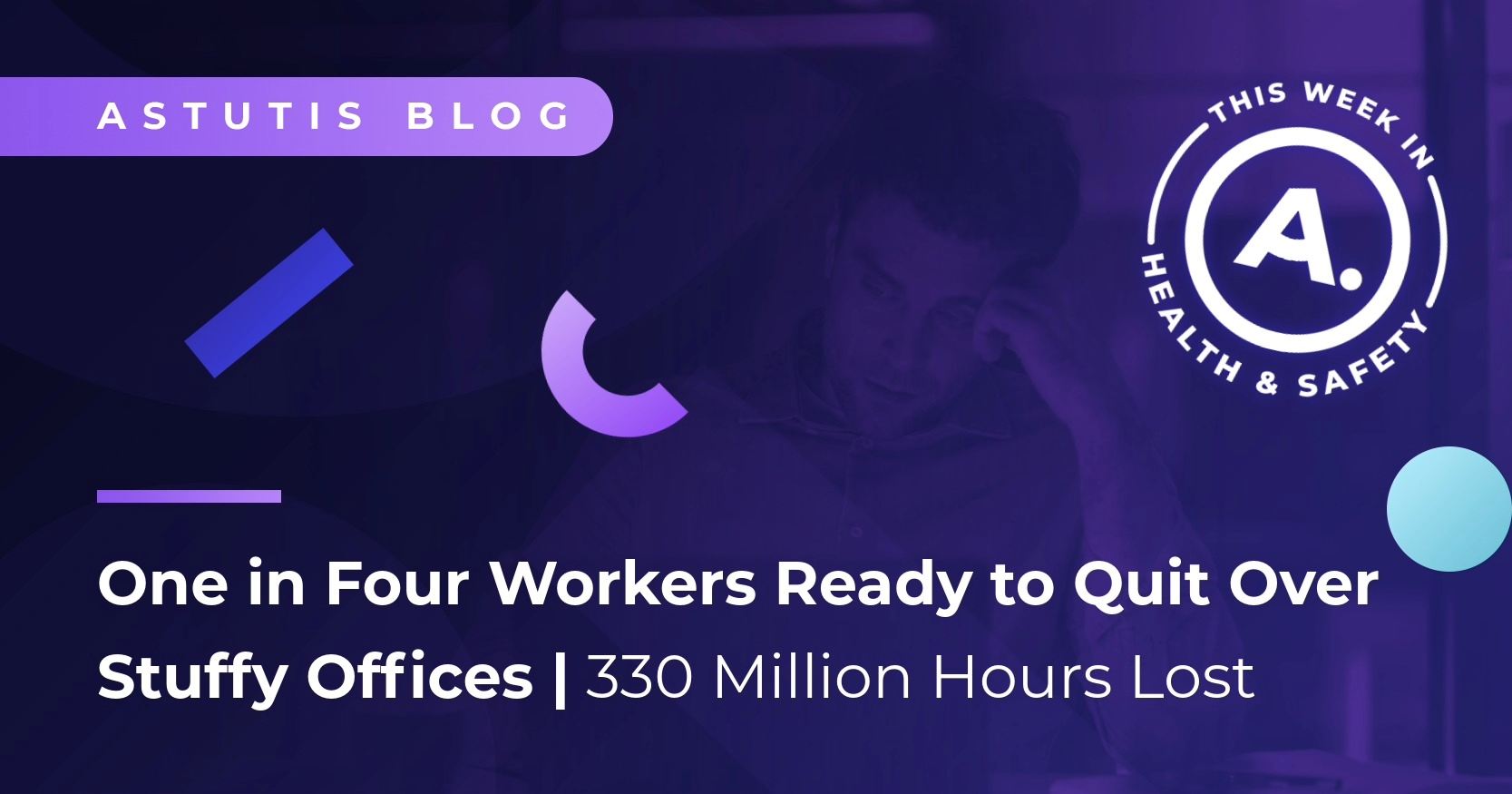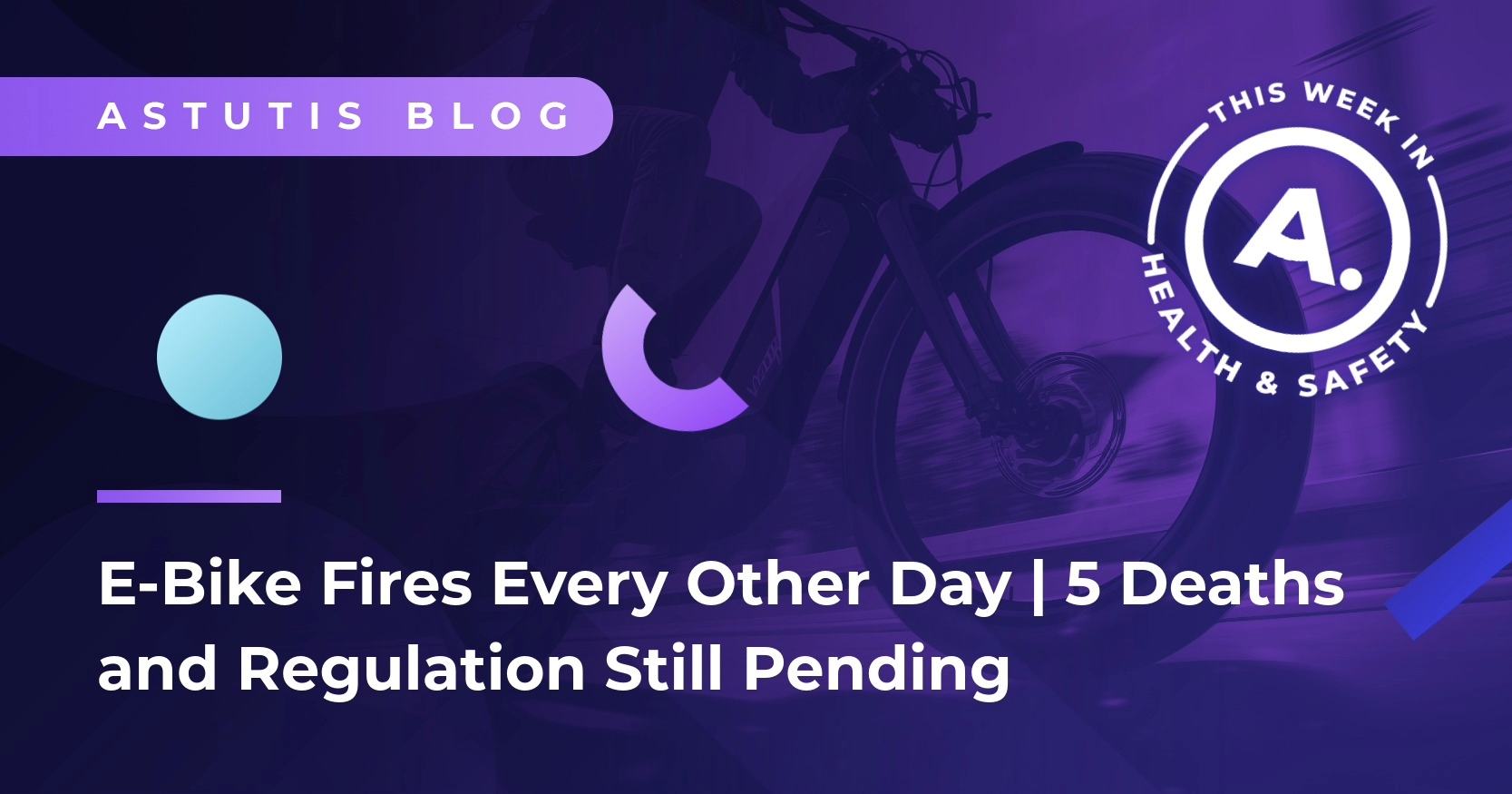5 Tips on How to Reduce Stress in Work | Employee Poster Included
It is easy to become overwhelmed at work. No matter what the role, it can be a high pressured, fast-paced environment that, over a period of time, can cause stress. Some people thrive in this type of environment, whilst others may find it uncomfortable and, if not dealt with, can trigger other health issues such as anxiety.
According to a Labour Force Survey in 2019-2020, 828,000 workers suffered from work-related stress, depression or anxiety and 17.9 million working days were lost due to work-related stress during this period. Most recently, Mental Health UK, a leading charity that supports people to understand and manage their mental health, revealed that nine in ten adults reported feeling extreme stress in 2023. This burnout report reflects the need for employers and employees to prioritise wellbeing in the workplace.
A great way to reduce work related stress is to learn what triggers you to feel stressed, and by learning what causes you stress is a step in the right direction on how to combat and overcome these feelings. We have put together some top tips on how you can combat stress in the workplace. Making minor changes to your working day can improve your health and wellbeing in the workplace.
Tips for Mitigating Stress in the Workplace
Start Your Day Off Right
Avoid morning stress! With lives returning to a different kind of normal after the Coronavirus Pandemic and most businesses opening their doors to the workforce again, it means the dreaded commute is back. Working from home has many benefits, including avoiding heavy traffic and long commute times. With that said, if it isn’t possible to work from home, starting the day on a positive note will set you up with the right mindset.
Your brain is the most complex part of your body. Like a computer, it runs millions of processes everyday. You can fuel your brain by eating a healthy breakfast, the body then obtains glucose from your food, and it’s delivered to the brain through the bloodstream. If your brain isn’t adequately fuelled, you’re likely to feel irritable and lethargic. Water is also essential, so make sure you drink plenty of water in the morning and take a water bottle on your commute so you can sip water all day.
A recent study by Astutis shows that only 30% of people in the UK eat breakfast before work. Having a healthy breakfast in the morning will help fuel you for the long day ahead, setting you up to combat anything that may come your way during that day.
Plan
The saying goes, ‘fail to plan, plan to fail’, and we believe this to be true. We have all had that feeling of being overwhelmed by impending deadlines and a high work volume. Setting clear objectives will allow you to prioritise your workload. Feeling in control of your work and achieving deadlines will give you a sense of achievement in itself. If you feel like you have unrealistic goals, make time to sit with your manager and clarify your goals.
There are some great free tools online to help project manage your work. The Microsoft Teams Planner is great for organising your workload, notifying you of upcoming deadlines and also allowing you to work collaboratively with your team.
By using a planning tool or even your calendar will allow you to create simple to-do lists. Plan your days in your calendar so that you maximise the limited time you have each week. Also, make sure to plan in your breaks – by putting them in your calendar, you are more likely to take them and your team know that you are away from your desk (and yes, actually have a break away from your desk).
Plan a walk or a 30-minute exercise activity each day – whether during work time or outside of work time, is scientifically proven to eliminate stress and depression. Exercising releases chemicals called endorphins which interact with the receptors in your brain that trigger a positive feeling in the body. Exercising has many benefits to promoting positive mental health; planning time to exercise each day will make you feel less stressed and generally healthier and happier.
Work Comfortably
Another surprising stressor at work is physical discomfort. Stress is often related to pain, and office workers who sit in uncomfortable chairs for long periods are most likely to have back and neck problems, more so than those who are not office-based. Physical pain caused during work can be prevented. For example, our DSE Toolkit will help you or your employees reduce the risk of any health issues such as musculoskeletal, visual stress that could lead to lost time at work and potential liability claims.
However, not all job roles involve sitting behind a desk. Physically active jobs also require measures to ensure that you are adequately trained to perform your role safely. Training such as our IIRSM Approved Manual Handling course will equip you with techniques to work safely with less risk of injury.
Practice Mindfulness
Mindfulness has been a hot topic over the past couple of years, especially in the workplace. Mindfulness is a technique you can learn which involves making a special effort to notice what's happening in the present moment (in your mind, body and surroundings). You don't need to meditate every day to experience the benefits of mindfulness at work.
It aims to help you:
- Become more self-aware.
- Feel calmer and less stressed.
- Feel more able to choose how to respond to your thoughts and feelings.
- Cope with difficult or unhelpful thoughts.
- Be kinder towards yourself.
Here are a few recommendations Headspace suggests that can inject mindful moments into your day so you can de-stress and work at your best.
- Take regular breaks. Most people don’t think they can afford the time to take a break, let alone regular breaks. But a well-known productivity study found among a group of employees, the 10% who were the most productive had an ideal work rhythm of 52 minutes of work time followed by a 17-minute break. Researchers say that’s because the brain naturally works in high activity for about an hour and then switches to low activity for a short period of time — the perfect amount of time, in fact, for a mindful break.
- Check emails less. Emails can be a constant source of distraction, making you reactive to your inbox whilst taking you away from higher-priority tasks. If your job allows it, disable your push notifications and only check your email when you actually have uninterrupted time to concentrate fully on it. When you do open your inbox, try to focus only on what’s important and be aware of what is merely noise.
- Actively listen. Try being fully present and mindful of what others are saying throughout the workday, instead of just automatically nodding as you wait for your turn to talk. You’ll benefit from learning to quiet the internal chatter in your head and creating space and openness to process what your co-workers are trying to tell you. And, you may even strengthen your relationships with people at work!
- Practice gratitude. Everyone has bad days at work — the trick is to use those as an opportunity for mindfulness. The next time you’re feeling a little down at work, try a gratitude meditation and write down one or two things you like about your job. This is a great way to note and cultivate an appreciation for your job, even when the day isn’t going as intended.
- Use your commute to unwind mindfully. It’s important to unplug at the end of the workday and set boundaries so that you can be truly present at home. The commute can be an ideal time to make this transition. Here’s one way to do it: turn off your phone, radio, audiobook, and any other distractions — notice things around you and focus on your breath. If thoughts about work issues and stress arise, acknowledge them and let them go.
Talk to Your Employers Or Colleagues
Turn to your employers or co-workers for support. Having a solid support system at work can help turn around the harmful effects of job stress. Most HR professionals should be equipped to support employees with health and wellbeing. If you don’t have an HR professional internally, speak with your line manager. Also, talking to a close friend at work can help you reflect on how you are feeling, whilst they may offer you some good advice.
Outside of work, talk to family members or friends about your feelings; you can also seek professional help should you need it. Remember, suppressing your feelings will only make you feel more stressed in the long run, and long-term stress can lead to other mental health problems. So don’t bottle it up!
We hope you find these five tips helpful to tackle workplace stress. As a helpful reminder, we've created a free downloadable poster for whenever you'd like to refresh your memory on our top 5 tips.
For businesses looking to support their employees, Astutis offers a range of accredited courses and tools for all staff to proactively manage their health and wellbeing and create a happy and productive place of work.
Don’t forget there are many charities that you can speak to. You are never alone. Find a local mental health charity via the Hub of Hope website.
Our IIRSM Approved Stress and Wellbeing Toolkit allows employees to deal with their stress at work and feel more in control, resulting in a more productive workforce.
Related Blogs

Real Life Stories











